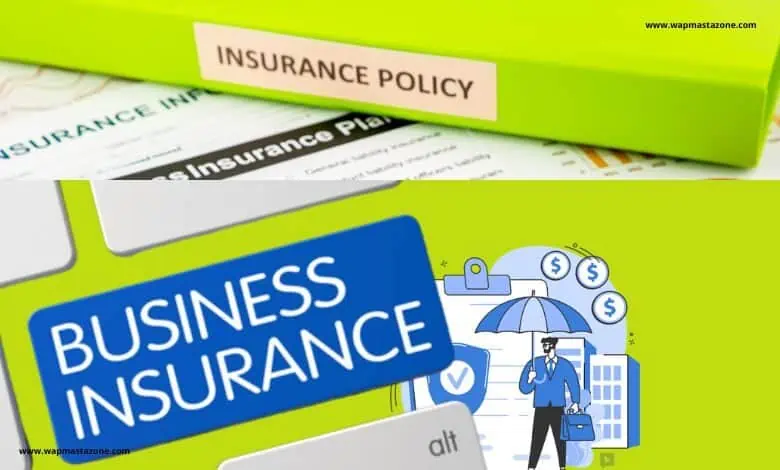Bundled Insurance Pros Cons also known as multi-policy or multi-line insurance, involves purchasing multiple insurance products from the same insurance provider. Typically, this includes combining policies such as auto, home, renters, or life insurance with the same insurer. There are several pros and cons associated with bundling insurance policies that you should consider before making a decision:
Pros of Bundling Insurance Policies:
-
Cost Savings: One of the most significant advantages of bundling is cost savings. Insurance providers often offer discounts to policyholders who bundle multiple policies with them. These discounts can result in lower overall insurance premiums compared to buying each policy separately.
-
Simplified Management: Managing multiple insurance policies can be complex and time-consuming. Bundling makes it easier to keep track of your insurance coverage, as you’ll have a single point of contact for all your policies and one consolidated premium payment.
-
Streamlined Claims Process: If you need to file a claim that involves multiple policies, bundling can simplify the process. It ensures that your insurance provider is already familiar with your coverage, reducing the chances of disputes or miscommunication during the claims process.
-
Additional Coverage Options: Bundling often comes with the benefit of additional coverage options. Insurers may offer special riders or endorsements that are only available to policyholders who bundle their coverage.
-
Increased Loyalty Discounts: Some insurers offer loyalty discounts to customers who maintain their bundled policies for an extended period. This can lead to even more significant savings over time.
Cons of Bundling Insurance Policies:
-
Limited Choice: When you bundle policies with a single insurance provider, you limit your options. You may miss out on the opportunity to choose the best coverage or price for each specific policy, as different insurers may excel in different areas.
-
Potential for Higher Costs: While bundling often leads to savings, this isn’t always the case. In some situations, you might find that individual policies from different providers are cheaper than a bundled package. It’s essential to compare prices and coverage carefully.
-
Risk of Underinsurance: Bundling can lead to a one-size-fits-all approach, which might not adequately cover all your unique needs. You could end up with excessive coverage in some areas and inadequate coverage in others.
-
Loss of Discounts: If you’re unhappy with one aspect of your bundled policy or wish to switch a single policy to another provider, you may lose the bundle discount on your other policies, potentially resulting in higher premiums.
-
Complex Cancellation: Canceling a bundled policy can be more complex than canceling individual policies. You may need to navigate the cancellation process for multiple policies, which can be time-consuming and confusing.
-
Potential for Coverage Gaps: If you cancel or make changes to one policy within a bundle, it could impact the entire bundle. This can create coverage gaps if you’re not careful when making changes.
Conclusion on Bundled Insurance Pros Cons
In conclusion, bundling insurance policies can be advantageous for many individuals and families, primarily due to potential cost savings and simplified management. However, it’s crucial to carefully evaluate your specific insurance needs, compare quotes from multiple providers, and weigh the pros and cons to determine if bundling is the right choice for you. Additionally, regularly reviewing your insurance coverage to ensure it aligns with your changing needs is essential, whether you bundle policies or not.






